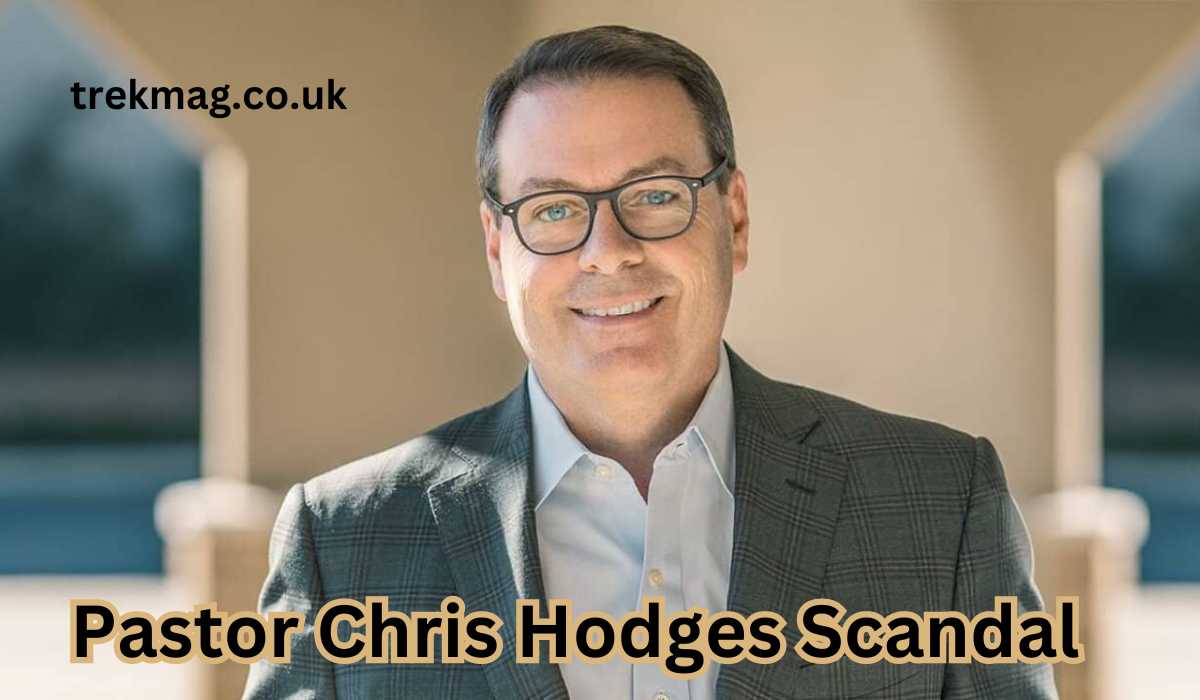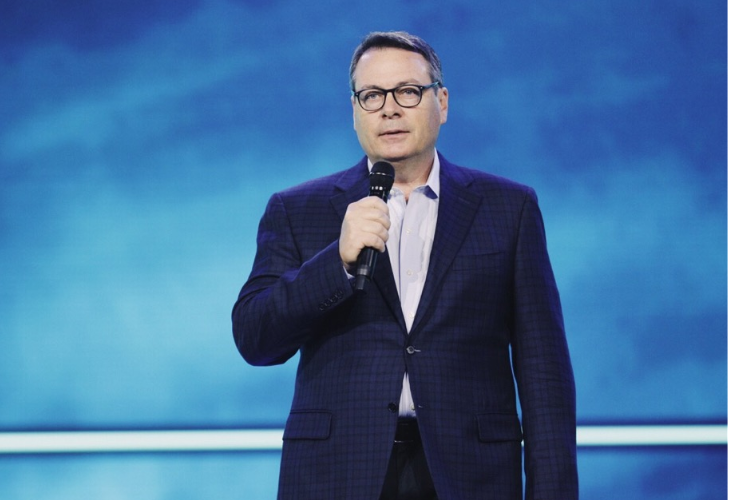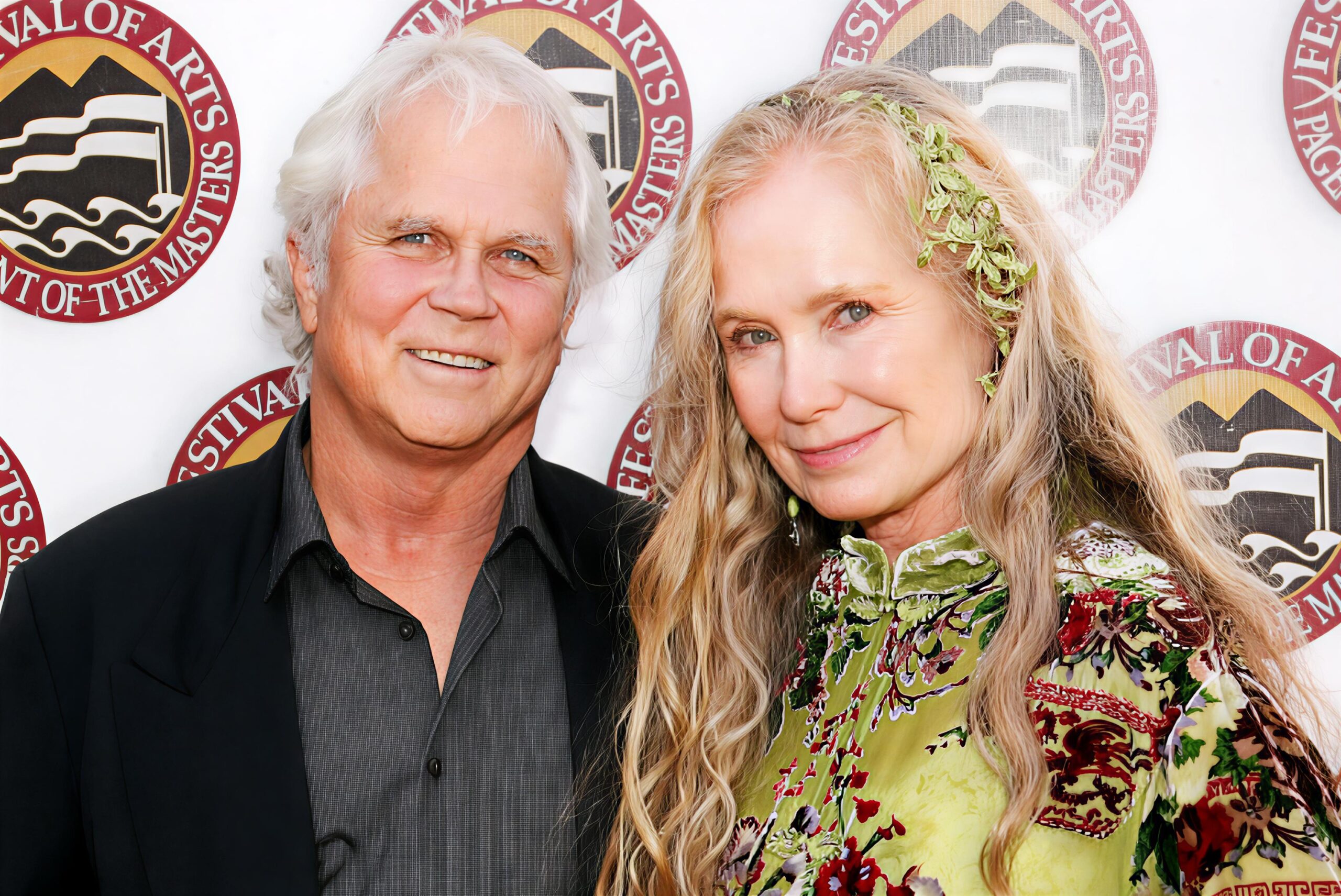Explore the controversies surrounding Pastor Chris Hodges, including moral failings, legal disputes, and community impact. Learn about the challenges of leadership in religious institutions.
Introduction
Over the years, Pastor Chris Hodges, the influential founder and senior pastor of the Church of the Highlands in Alabama, has found himself embroiled in various controversies that have stirred both public and internal debate. These incidents have not only tested the integrity of the church but also raised questions about leadership accountability and the handling of moral failings within religious institutions.
Early Leadership and Growth of Church of the Highlands
Pastor Chris Hodges established the Church of the Highlands in 2001, aiming to create a vibrant community of worship and service in Alabama. Under his leadership, the church rapidly expanded, gaining tens of thousands of members across multiple campuses throughout the state. Hodges’ dynamic preaching style and emphasis on community outreach endeared him to many, positioning the church as a prominent evangelical force in the region.
The Moral Failing of Michael Hodges
One of the most significant scandals involving Pastor Chris Hodges revolves around his son, Michael Hodges. In 2017, Michael, who served as a pastor at the Greystone campus of Church of the Highlands, was removed from his position due to what the church described as a “moral failing.” This incident, while shrouded in confidentiality by the church, sparked considerable speculation and criticism, as congregants and observers questioned the transparency and handling of moral issues within church leadership.
Return to Public Ministry and Family Dynamics
Despite the controversy surrounding his departure, Michael Hodges has since returned to public ministry. His re-emergence into the spotlight, including appearances alongside his father at events like the “Hodges Takeover” at Freedom House Church in North Carolina, has raised eyebrows and prompted discussions about forgiveness, restoration, and the boundaries of pastoral authority within familial contexts.

Social Media Missteps and Backlash
In 2020, Chris Hodges faced intense scrutiny after it was revealed that he had “liked” social media posts that were widely condemned as racially insensitive and offensive to the African-American community. The incident ignited a firestorm of criticism, prompting Hodges to issue a public apology to the church community and beyond. The backlash underscored the challenges faced by public figures in navigating social media and maintaining public trust.
Legal Battle with Stovall and Kerri Weems
Another pivotal moment in Pastor Chris Hodges‘ tenure at Church of the Highlands involved a legal dispute with Stovall and Kerri Weems, founders of Celebration Church. The Weems alleged that Hodges orchestrated a hostile takeover of their church, damaging their reputations and causing financial harm. The legal battle not only exposed internal strife within the evangelical community but also highlighted broader issues of church governance, leadership transitions, and the ethical responsibilities of pastors towards their peers.
Response from Church Leadership and Community Impact
Throughout these controversies, Church of the Highlands has grappled with maintaining its mission while addressing internal challenges. Leaders within the church have emphasized principles of forgiveness, accountability, and restoration, asserting that these values are integral to the church’s teachings and practices. The community impact of these scandals has been profound, with congregants expressing a range of emotions from disappointment to steadfast support for Hodges and the church’s leadership team.
Reflections on Transparency and Accountability
The scandals surrounding Pastor Chris Hodges have prompted a broader conversation within evangelical circles about the importance of transparency and accountability in church leadership. Many critics argue that the lack of detailed disclosure regarding Michael Hodges’ moral failing and the handling of the Weems’ lawsuit have eroded trust and transparency within the church community. Advocates for reform contend that greater openness and adherence to ethical standards are essential to restoring public confidence in religious institutions.
Continuing Commitment to Ministry and Outreach
Despite the controversies, Pastor Chris Hodges remains committed to his pastoral duties and the mission of Church of the Highlands. The church continues to grow its membership and expand its outreach programs, focusing on community service, spiritual growth, and outreach to marginalized groups. Hodges’ supporters point to his decades-long dedication to ministry and the positive impact of Church of the Highlands on thousands of lives as evidence of his enduring leadership and faithfulness to the church’s mission.
Lessons Learned and Moving Forward
As Church of the Highlands navigates the aftermath of these scandals, there are valuable lessons to be learned about leadership, accountability, and the complexities of human frailty. The experiences of Pastor Chris Hodges and his family underscore the challenges faced by religious leaders in maintaining personal integrity while navigating the pressures and expectations of ministry. Moving forward, there is a collective call for greater transparency, ethical discernment, and a renewed commitment to upholding the values of honesty, humility, and grace within church communities.
Impact on the Evangelical Community
The controversies surrounding Pastor Chris Hodges have reverberated beyond Church of the Highlands, influencing broader conversations within the evangelical community about leadership, moral authority, and the responsibilities of religious institutions. These discussions have prompted introspection among church leaders and congregants alike, challenging assumptions about power dynamics, forgiveness, and the role of faith in addressing moral failings.
Support and Criticism in Equal Measure
Throughout these tumultuous times, Pastor Chris Hodges has received both unwavering support and pointed criticism from various quarters. His supporters highlight his transformative impact on individuals and communities through his preaching, outreach, and charitable endeavors. Critics, meanwhile, argue that the handling of internal scandals has exposed vulnerabilities in church governance and accountability. The dichotomy reflects the complexities of leadership in the public eye and the divergent expectations placed on religious figures.
The Role of Forgiveness and Redemption
Central to the narrative of Pastor Chris Hodges’ scandals is the theme of forgiveness and redemption. Within the Christian faith, forgiveness is seen as a cornerstone of spiritual renewal and reconciliation. The church’s approach to restoring pastors who have faced moral failings underscores a commitment to these principles, emphasizing grace, repentance, and the possibility of transformation. However, the application of forgiveness in cases of leadership misconduct also raises questions about justice, restitution, and the lasting consequences of ethical breaches.
Public Perception and Media Coverage
The media’s portrayal of Pastor Chris Hodges and the scandals surrounding him has varied, from sympathetic profiles highlighting his charitable work to critical examinations of his leadership decisions. Media coverage plays a significant role in shaping public opinion and influencing broader debates about ethics, transparency, and accountability in religious institutions. As the church continues to navigate these challenges, media scrutiny will likely remain a pivotal factor in shaping the narrative surrounding Pastor Chris Hodges’ legacy.
Ethical Considerations in Church Leadership
The controversies involving Pastor Chris Hodges underscore broader ethical considerations in church leadership, including the responsibilities of pastors to their congregations, peers, and the wider community. Questions about the ethical boundaries of pastoral authority, the handling of internal disputes, and the implications of leadership decisions on institutional integrity have prompted soul-searching within evangelical circles. Leaders and congregants alike are grappling with how best to uphold ethical standards while honoring the principles of faith and forgiveness central to Christian teachings.
Institutional Reforms and Future Directions
In response to the challenges posed by these scandals, there is growing momentum within Church of the Highlands and similar institutions for institutional reforms aimed at enhancing transparency, accountability, and ethical governance. Initiatives such as independent oversight committees, clearer protocols for handling moral failings, and enhanced training in ethical leadership are being considered to mitigate risks and strengthen organizational resilience. These efforts reflect a commitment to learning from past mistakes and fostering a culture of integrity and trust within religious communities.
Conclusion
The controversies surrounding Pastor Chris Hodges have illuminated complex issues within church leadership, morality, and public accountability. As Church of the Highlands continues to navigate these challenges, there is a collective call for greater transparency, ethical discernment, and a renewed commitment to upholding the values of honesty, humility, and grace within religious institutions. Ultimately, the legacy of Pastor Chris Hodges will be shaped not only by his preaching and pastoral achievements but also by how he and his church community address and learn from these profound challenges.
Read also: Unveiling Retro Bowl 3kh0 A Cultural Phenomenon in Gaming









